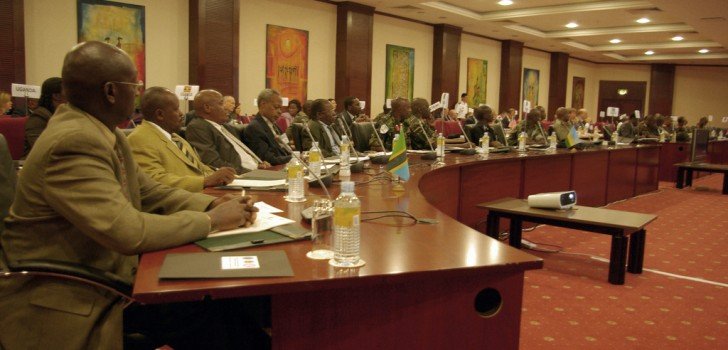African countries are trying to figure out ways to better handle natural disasters, and they may have found a solution in insurance policies, which can change the way that they prepare for events of nature.
Africa is suffering disproportionately from climate change. While the continent is only responsible for a tiny portion of global greenhouse gas emissions, its environment is one of the most heavily affected areas on the planet.
Most of the African population is dependent upon agriculture and rangeland, which requires optimal weather in order to survive. Extreme weather activity caused by climate change brings the continent an increased risk of crop failure, which could lead to hunger and malnutrition across much of the continent.
Africa has very little resources in place to handle a natural disaster. Funding for recovery efforts is largely obtained after the fact, making quick mobilization a serious concern. The result is that lives are lost, property is destroyed and development is halted. A major storm that would cripple an American city for a week could set a Sub-Saharan African country back several years.
However, Africa is trying to make changes. Countries in Africa are transferring the risk away from themselves to international financial institutions using insurance.
The African Risk Capacity (ARC) agency was established in 2012 by 26 countries in Africa. Along with a mutual insurer, the agency was able to establish a fund to provide easily accessible capital in the event of a major disaster. The premiums of the policy have been paid through 2020.
The program has already proven to be a success.
In September of 2014, the countries of Senegal, Mauritania and Niger experienced a severe drought. They were able to plan accordingly, knowing that insurance would cover the costs required to help their troubled populations. By January of this year, the insurance company paid out more than $26 million to the African countries.
Meanwhile, aid from the United Nations was still awaiting approval. Without the insurance, it would have taken several months for the African countries to receive help. It is estimated that nearly 1.3 million people would have been forced to ration food, remove their children from school or leave their homes.
By 2020, the ARC hopes to expand its membership to 30 countries. It will reportedly offer $1.5 billion in coverage against disasters such as droughts, flooding and hurricanes. Approximately 160 million African people will be indirectly insured under the policy. With the coverage, the way that African countries prepare for natural disaster is expected to dramatically change for the better.
The ARC is also working to ensure that these risk management investments are sustainable and capable of being utilized as the climate continues to change in the future. Representatives say that they want to prepare for the future as early as possible.
While Africa might not be responsible for climate change, leaders from the continent know that their countries are being affected, and they are taking the right steps to protect themselves from the effects created by the rest of the world.
Stay Connected